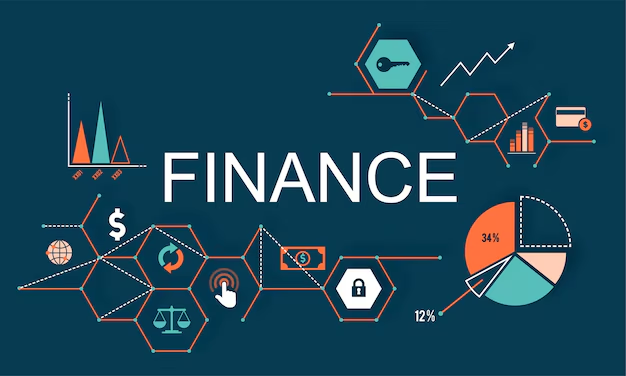
Introduction:
The fossil fuel industry has long been recognized as a powerful force that shapes policies and regulations related to energy and the environment. While formal lobbying activities are well-documented, the informal influence exerted by the fossil fuel lobby is equally significant and deserves further scrutiny. This article explores the tactics and strategies employed by the fossil fuel lobby informally, going beyond traditional lobbying channels to influence decision-making processes. By understanding these dynamics, we gain insight into the complex web of interests that perpetuate the status quo and hinder the transition to a sustainable energy future.
- The Revolving Door Phenomenon:
One key aspect of the informal influence exercised by the fossil fuel lobby is the “revolving door” phenomenon. This refers to the movement of individuals between positions in the fossil fuel industry and influential roles in government or regulatory agencies. Former industry executives or lobbyists often leverage their connections and insider knowledge to shape policies in favor of their former employers. This intertwining of public and private interests can lead to potential conflicts of interest and hinder the development of robust and impartial regulations. - Think Tanks and Industry-Funded Research:
Another tactic employed by the fossil fuel lobby is the funding of think tanks and research institutions to produce studies and reports that align with their interests. These entities may present themselves as independent sources of information while subtly or overtly promoting industry-friendly narratives. By leveraging their financial resources, the fossil fuel lobby can shape public opinion and influence policymakers by funding research that downplays the environmental impacts of fossil fuels or highlights the challenges of transitioning to alternative energy sources. - Strategic Campaign Contributions:
Campaign contributions play a significant role in the informal influence exerted by the fossil fuel lobby. By financially supporting political candidates sympathetic to their interests, the industry can gain access and influence over decision-makers. These contributions may come in the form of direct donations to candidates’ campaigns or through political action committees (PACs). The financial backing provided by the fossil fuel lobby helps ensure that their concerns are heard and prioritized, potentially leading to policies that favor their business models over sustainable alternatives. - Astroturfing and Grassroots Manipulation:
Astroturfing refers to the practice of creating the illusion of grassroots support for a particular cause or agenda. The fossil fuel lobby has been known to engage in astroturfing campaigns to create the perception of widespread public opposition to policies that could threaten their interests. This involves funding front groups and organizations that appear to represent public sentiment while actually serving as mouthpieces for the industry. By manufacturing public support or dissent, the fossil fuel lobby can influence public opinion and shape the narrative surrounding energy and environmental issues. - Influence over Trade Associations and Industry Groups:
Trade associations and industry groups serve as influential platforms for the fossil fuel lobby to collectively advocate for their interests. These organizations often have substantial resources and expert staff to shape policy debates and engage with government officials. By exerting influence over these associations, the fossil fuel lobby can amplify its impact and present a unified front. Their involvement in drafting policy proposals and providing industry-specific expertise allows them to shape legislation and regulations in a manner that aligns with their priorities.
Conclusion:
The informal influence of the fossil fuel lobby extends beyond traditional lobbying activities, permeating various aspects of policy-making and public discourse. Understanding these tactics sheds light on the subtle ways in which the industry perpetuates its interests and challenges efforts to address climate change and transition to renewable energy sources. Recognizing the power dynamics at play allows for a more informed and critical evaluation of policy decisions, enabling the pursuit of a sustainable and equitable energy future. As public awareness grows, it becomes increasingly important to scrutinize the informal influence of the fossil fuel lobby and advocate for transparent and accountable decision-making processes.





